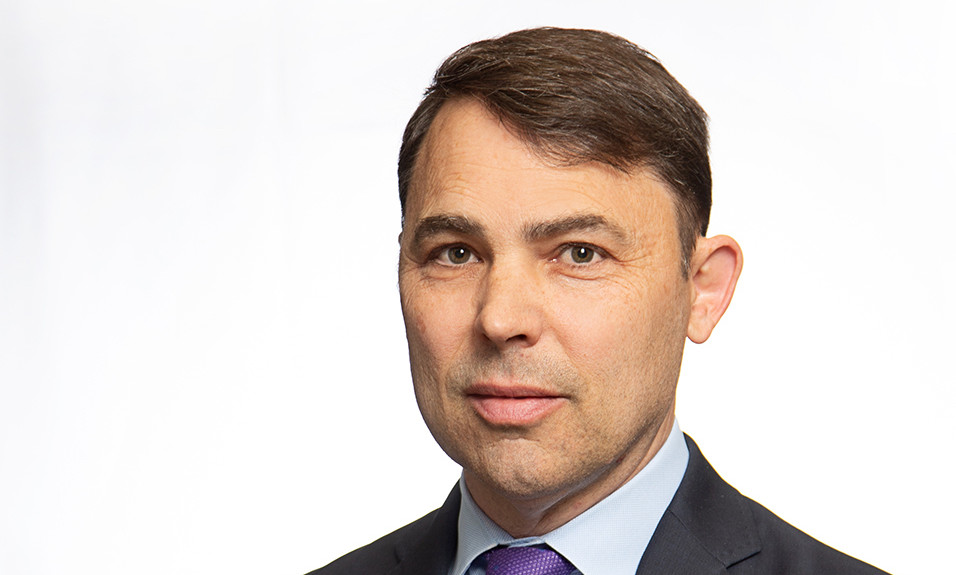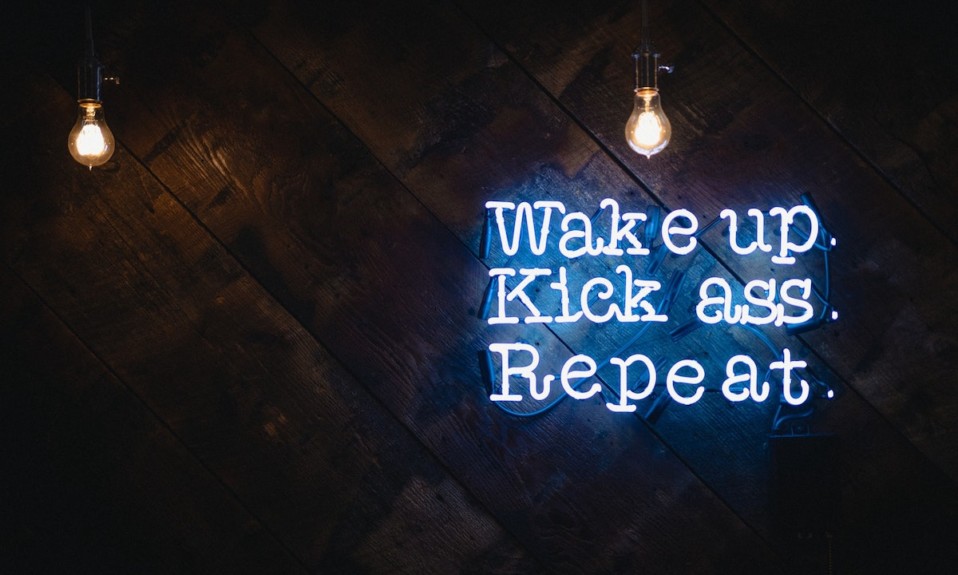Isolation can be a brutal enemy for those struggling with addiction. Here are suggestions for building the support systems that are necessary for recovery
By Patrick McElwaine, Psy.D., LPC
One of the most significant pitfalls for someone struggling with addiction is isolation. Isolation from loved ones, supportive individuals, support groups, and activities or events that bring joy can increase the risk of mental health concerns. Addiction, depression and anxiety often lead to a lack of motivation to be around others. The ensuing isolation can lead to thoughts like, No one cares about me. I’m a burden to others and a disappointment. I’m a failure, a bummer to be around. Such negative thoughts can lead to self-harm; they play a major role in addiction and relapses and even can result in death.
I didn’t want to go to meetings or therapy; I didn’t want to be in recovery. Instead, I wanted to stay away from everyone, because I felt like a failure and disappointment.
There’s a misconception around being active in your life. People sometimes believe they should wait to feel better and are thinking more positively before stepping up their activity. The fact is, becoming more active should come first. One specific strategy used in cognitive behavioral therapy is behavioral activation. It’s a crucial technique for those who are struggling with isolation, depression and addiction. The phrase “fake it until you make it” is common in 12-step meetings, and while there are varying opinions on this statement, I believe the idea behind it helped me maintain my own sobriety. I didn’t want to go to meetings or therapy; I didn’t want to be in recovery. Instead, I wanted to stay away from everyone, because I felt like a failure and disappointment. I also thought no one would understand what I was going through.
Faking It Until You Make It
A wise person early in my recovery told me, “Even if you don’t feel like going out—even if you think it will be awful, and you’re hurting physically, emotionally and mentally—just go. If you want to say, ‘Fake it until you make it,’ good. Just go.” There were times I didn’t want to go out with a friend or attend a meeting or therapy appointment. I just wanted to be alone and watch TV in a dark room. However, when I thought about the idea of faking it until I made it, I would get up and do something.

In the beginning, when I forced myself to become involved in meetings, socializing and other activities, I’d think, This is never going to help me. It’s awful. Why am I doing this when it’s not helping? But I kept at it. I kept trying to engage, surround myself with positive people, go to meetings and therapy, and even just take my dog for a walk.
Eventually, things started to change for me. It’s hard to pinpoint what sparked the change. Maybe I heard something from someone at a meeting that resonated with me; maybe my therapist said something insightful; maybe my family, dog and friends helped; maybe just going for a walk when I was down helped. Whatever the reasons, something positive began happening. I started to have more good days than bad days, something I thought would never happen. It was as if after forcing my physical body to do things—to fake it until I made it—my mind eventually caught up.
How to Avoid Isolation
If you’re struggling with isolation, here are some recommendations :
Therapy. If possible, find a therapist to help with thoughts and feelings of isolation, sadness and anxiety. With telehealth, you can even see a therapist without leaving the house—a small step toward building connectivity in your life
12-step groups. This is a way to develop social supports. I always tell my clients, friends and family members who are struggling with addiction to focus on one positive thing from a meeting that can help them to stay sober. When you’re depressed, negative thoughts stick to you. Thoughts like, These groups won’t help me. I don’t belong here. My addiction is worse than everyone else’s in this group. I struggled with this kind of negativity early in my recovery; I’d come up with a million excuses why these groups didn’t work for me. Ultimately, though, I convinced myself that if I stayed for an entire meeting—even if it wasn’t a particularly good one—I’d have a better chance of staying sober that day. And it turned out to be true.
Professional support groups. These are run by a professional therapist or psychologist and focus on coping and problem-solving skills, behavioral activation, stress reduction, mindfulness and other techniques designed to lead you to a successful recovery.
National Alliance on Mental Illness (NAMI). NAMI has more than 600 affiliates in the U.S. It provides free support groups, support lines and other resources that help fight against stigma and build social connections for patients and their families.
Taking even a small step is a big thing. Eventually, you’ll find yourself far along the path to recovery. Small, attainable goals increase your confidence and motivation.
Online platforms. In addition to telehealth, there are many options for creating support systems virtually. These platforms can be an effective way to start freeing yourself from isolation.
Small steps. Taking even a small step is a big thing. Eventually, you’ll find yourself far along the path to recovery. Small, attainable goals increase your confidence and motivation.
You are not alone. I want to shout this from the rooftops: “You are not alone!” I know you may feel like it sometimes. But there are people you haven’t even met yet who might turn out to be keys to helping you through tough times. Go out and find them.
Patrick McElwaine, Psy.D., LPC, is known as “Dr. Mac” to his clients, students and colleagues. He has his own counseling practice, teaches counseling psychology at Holy Family University in Pennsylvania, is a faculty member at the Beck Institute, and serves on the Bucks County National Alliance on Mental Illness (NAMI) board of trustees. His column “Dear Recovery” publishes regularly on TreatmentMagazine.com.
Top photo: Vonecia Carswell; bottom photo: No Revisions














